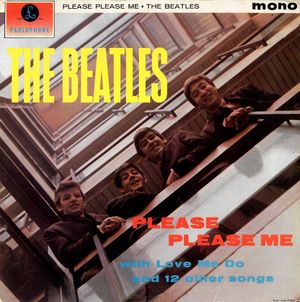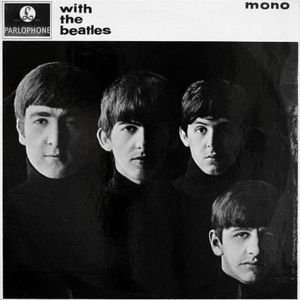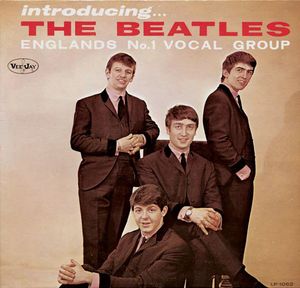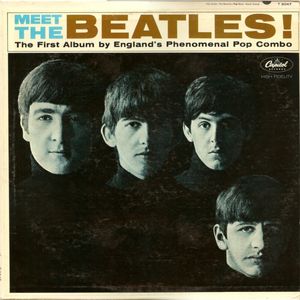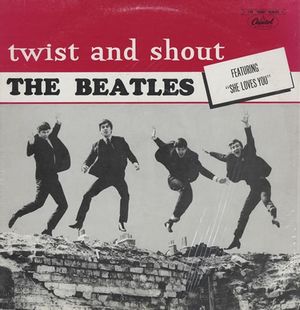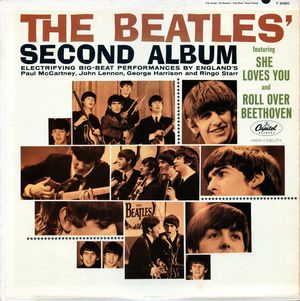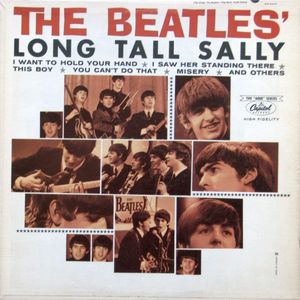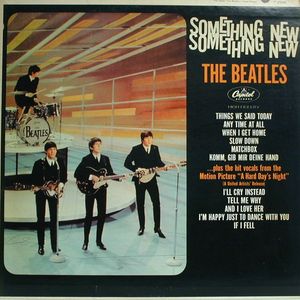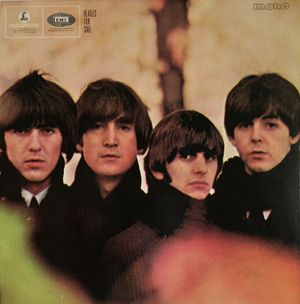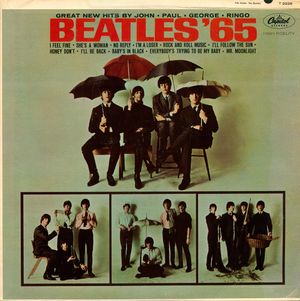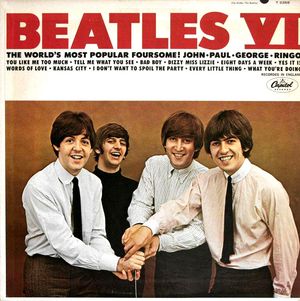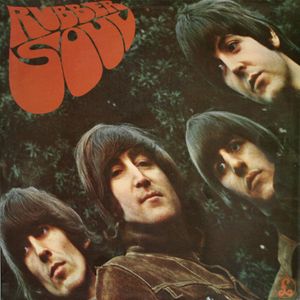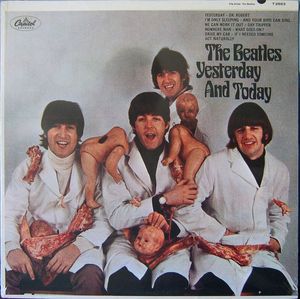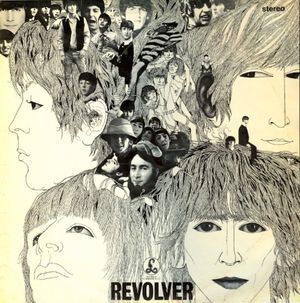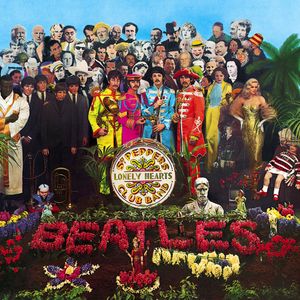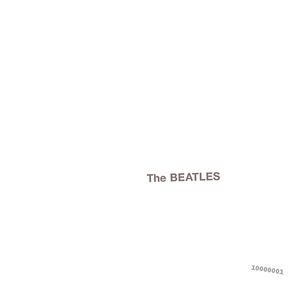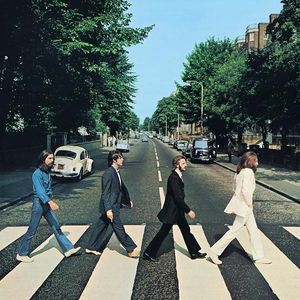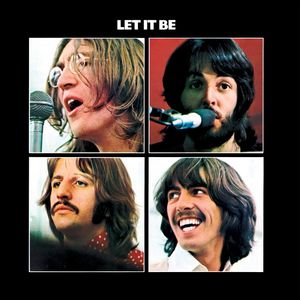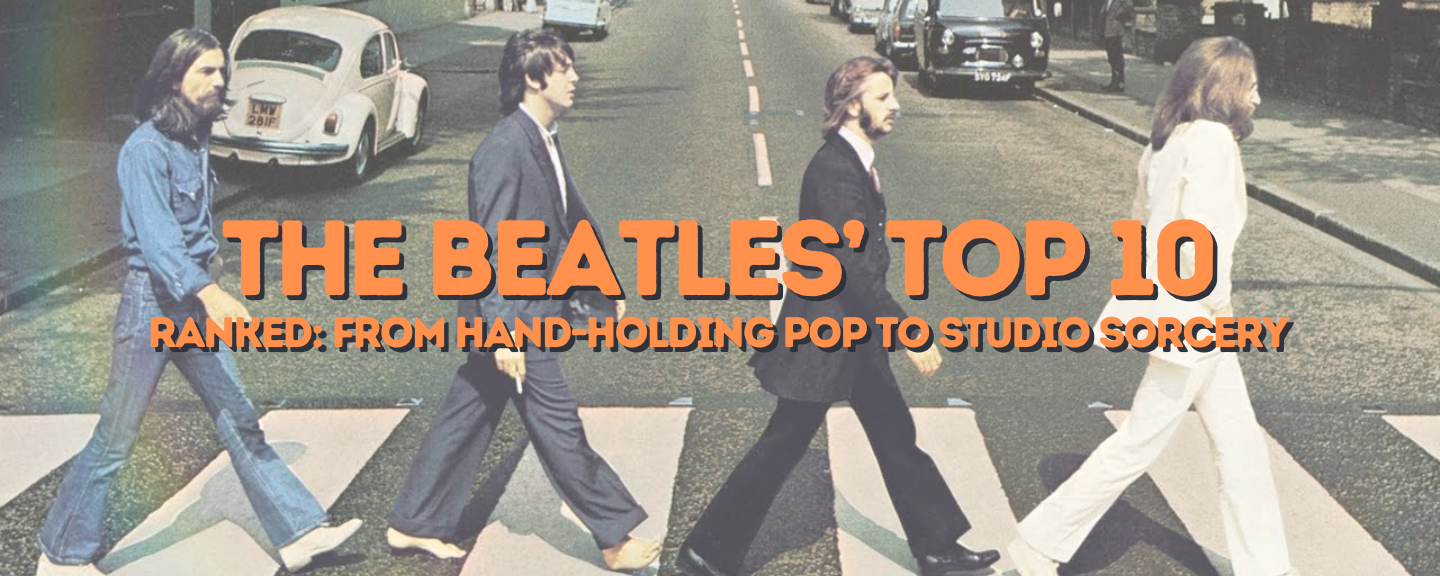
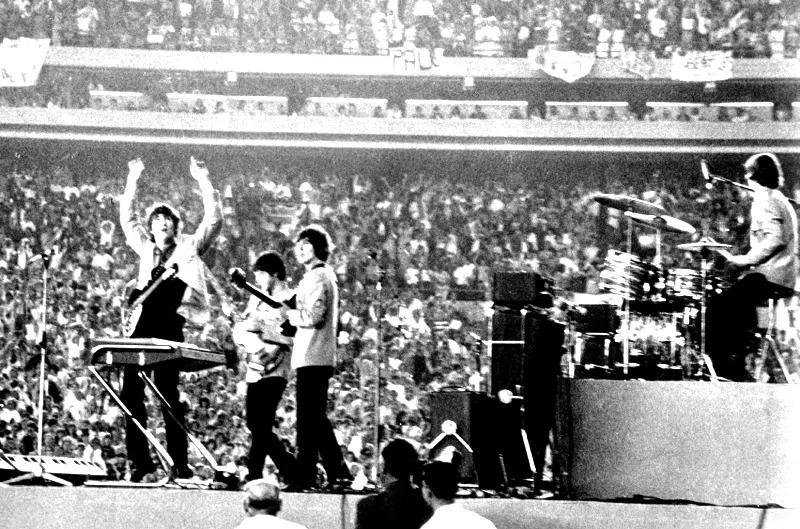
The Beatles
Follow Your Favorite Band Today!
Top The Beatles Community Posts
Story of The Beatles
The Beatles: A Revolution in Sound and Culture
The Beatles, hailing from the bustling streets of Liverpool, were more than just a band - they were a cultural phenomenon. Formed in 1960, the core quartet of John Lennon, Paul McCartney, George Harrison, and Ringo Starr redefined what popular music could be. Their influence, stretching far beyond the realm of music, shaped the 1960s counterculture and elevated popular music to a new level of artistic appreciation.
Their roots lay in the raw energy of skiffle, beat music, and 1950s rock 'n' roll, but the Beatles transcended their origins. They incorporated elements of classical music and traditional pop, blending them into a unique sound that captivated a generation. Their musical journey was vast, venturing into folk, Indian music, psychedelia, and even hard rock. This musical diversity, coupled with their groundbreaking recording techniques, innovative songwriting, and artistic presentation, revolutionized the music industry. The Beatles became more than musicians; they were icons, representing the spirit of youth and leading sociocultural movements of the era.
Their story begins with Lennon's earlier group, the Quarrymen, where the seeds of musical collaboration between Lennon and McCartney were sown. The band honed their craft in the smoky clubs of Liverpool and Hamburg, Germany, spending three years forging their signature sound. While Stuart Sutcliffe initially played bass, the core trio of Lennon, McCartney, and Harrison, together since 1958, experienced a revolving door of drummers. They finally found their rhythm section in Ringo Starr, who joined in 1962.
Enter Brian Epstein, their charismatic manager, who transformed them into a polished professional act. Producer George Martin, a visionary in his own right, guided their recordings, elevating their sound and pushing them to new heights. After signing with EMI Records, their first hit, "Love Me Do", exploded onto the scene in late 1962, marking the beginning of Beatlemania.
The Beatles' popularity became a global phenomenon, with screaming fans affectionately dubbing them "the Fab Four." Their legacy extended beyond the four musicians themselves; Epstein, Martin, and other key figures in their entourage were often referred to as the "fifth Beatle", demonstrating the collaborative spirit that fueled their success.
The Beatles were more than just a band; they were a force of nature that shook the world with their music and their impact on popular culture, leaving an indelible mark on the fabric of history.
Frequently Asked Questions
Bands you may like
More Pop Rock Bands
Discover more bands in the Pop Rock genre and explore the diverse sounds that define this musical style.
Browse All Pop Rock BandsMore Bands from United Kingdom
Discover the rich musical heritage of United Kingdom and explore bands that represent the country's unique sound and culture.
Browse All United Kingdom Bands
